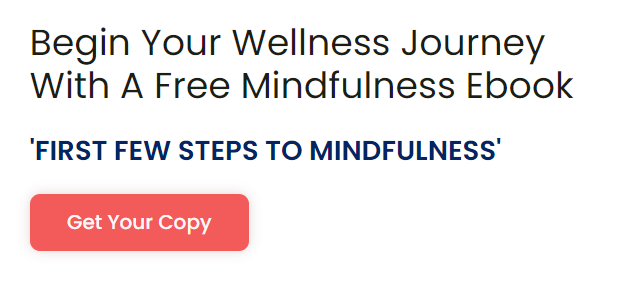
“Why don’t you ever listen?”
“You just don’t understand me!”
“Why are you always late?”
“You must study or you won’t score well”
“You are of no help at all!”
“You are so insensitive, you just don’t care, you don’t love me.”
Have you faced such statements at some point in your life?
And if you did, how did they make you feel?
Do you remember how you responded to it?
Did it make you want to listen and cooperate?
Or did these statements make it feel like an accusation?
All of these statements above are examples of, ‘You’ Statements. These are the typical ways we communicate. When talking to a person we tell them what they did or didn’t do, whether it was right or wrong or what they should or shouldn’t be doing. Such statements, more often than not, sound like accusations and blame.
This pattern of speech conveys judgment. No one likes being judged and hence it closes down communication lines. It puts the person on the defense, making them unable and unwilling to be open to what you have to say and truly listen.
Such statements are most common, and also the most harmful in relationships marred with conflict. When your teenager returns home late, telling them– “you are so irresponsible, you scared me to death” can only evoke a rebellious or at most an indifferent attitude. You cannot expect them to feel sorry, when they are busy defending themselves or are ignoring you. It will only enhance the negativity and escalate the tension. While positive communication can be a life saver in situations of conflict, negative communication can be the cause of shipwreck.
Research has shown that accusatory ‘You’ Statements evoked greater anger and a greater inclination for antagonistic response in adolescents than assertive ‘I’ Statements.
Multiple Benefits of "I" statements

‘I’ statements make the speaker take responsibility for their emotions, acknowledging and understanding them better. Moreover, we really do only know what WE are feeling. When we talk about anyone else’s feelings, thoughts or behaviors like ‘you don’t love me’ or ‘you don’t understand’ – are all just assumptions. That is our perspective of the situation while that person’s reality may be completely different. So let’s not assume here, only talk of what we know with confidence – our own selves.
When we get in touch with our emotions and share them, we create a bridge for the opposite person to connect with us and how we’re feeling. This facilitates empathy and helps them understand us much better. It makes one feel like you’re opening up to them, nudging them to be there for you.
When you focus on what you are feeling, rather than on your opinion of the matter (as is conveyed through a ‘You’ statement), it is non-threatening and inoffensive. Hence it doesn’t make the person jump to their own defense with all shields up and instead allows them to drop their guard. So always identify and say what you are feeling about the situation, instead of what the other person is doing.
Using Simple "I" Statements Instead Of "You" Statements
“I feel unheard, can we talk?”
“I feel like I’m not being understood and its making me feel upset.”
“I feel anxious when you don’t come on time/ I find it difficult to complete work as it gets delayed without you”
“I am worried about your scores and I would be happy to see you successful. Maybe we can work at improving study habits”
“I feel overworked and would appreciate some extra help”
“I am feeling unloved and I feel the need to be taken care of more”
How did reading these statements feel?
Did they evoke similar negativity and animosity as the ‘You’ Sentences did?
When do you think you are more likely to cooperate?
Mistakes To Avoid With These Statements
One thing to be alert about are Disguised statements. Statements like “ I feel that…” or “I feel like…” -these are just hidden ‘You’ statements.
“I feel that you are getting stubborn”
“I feel like you don’t spend any time with me”.
These statements have the same accusatory effect and do not help in communication.
To know which statement is truly an ‘I’ statement, look out for what its intended effect is. If its effect is communication of feelings and not accusation, you are on the right track!

Feeling Misunderstood In Conversations?
Counseling can be a great tool for you to learn newer ways for effective communication.
We are here for you.
About the Author
This article was written by Mahima Gupta, Counselor at Inner Space. This post was consulted & approved by professional therapists practicing online therapy and counseling.
Ask a Therapist
If you are interested to know more about communication and other mental health topics, ‘Ask A Therapist’ is a platform for you to ask your questions related to Mental Health, Mindfulness & Emotional Well-Being to our team of qualified Therapists.







Pingback: Changing Roles of South Asian Women - masalamommas.com
Pingback: How should we "criticize" our spouse? - Page 6